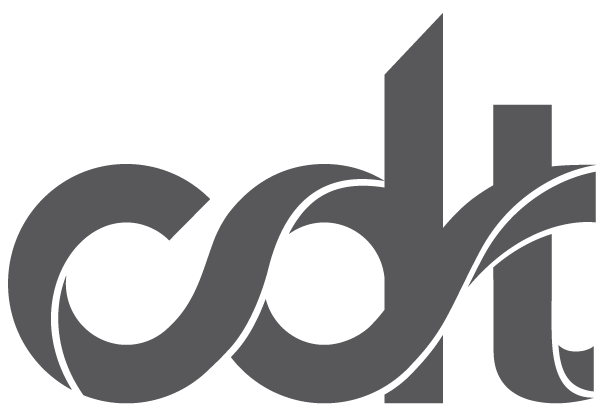Risks
This section is aimed at those with specific legal questions, and covers the various penalties and regulations that might come up in relation to displaying controversial material online. From a free-speech perspective, current risks are not too worrisome, but there are several areas of potential concern.
- Civil Penalties Copyright holders and private individuals can sue for civil penalties in infringement and defamation actions.
- Copyright Infringement If a person holds a copyright in a work, she can file a lawsuit against anyone who she believes is infringing that right. Because the Copyright Act gives rightsholders a number of rights in their work (including the rights to distribute it, make copies, and create derivative works), “copyright infringement” can cover a wide range of activities. It’s important for to understand what activities might expose you to liability, especially for artists who sample or otherwise incorporate other people’s work into their art. The Sampling and Appropriation section discusses some of the potential issues related to copyright infringement.
- Defamation Defamation is a seemingly factual but false statement about a person that reflects negatively on his character or reputation. Defamation law varies among the states, and there are a number of Supreme Court cases that set the boundaries of this type of law. Artists whose work involves the image or likeness of other people or makes a comment on them need to be aware of the potential for a defamation lawsuit. Defamation is discussed in the Depictions of Real People section.
- Copyright Infringement
- Criminal Penalties U.S. law includes criminal penalties for obscenity, defamation, and copyright infringement.
- Criminal Penalties for Defamation While most of the penalties associated with defamation are civil penalties (that is, you have to pay money damages to the person you’ve defamed), in some cases an artist might also face criminal penalties.
- Criminal Penalties for Obscenity Obscene content is a category of expression that’s considered “not speech” and, accordingly, can be prohibited by the government. This section discusses the definition of obscenity and the associated criminal penalties.
- Liability for Copyright Infringement Copyright is another area of law that is largely enforced through civil penalties, but the Copyright Act does include a section that allows for criminal prosecution. This section discusses the scope of that provision and the ways it has been applied.
- Criminal Penalties for Defamation
- Government Regulation Content- and viewpoint-neutral regulations of speech may be permissible in certain contexts.
- Administrative Regulations The government may also regulate certain forms of speech if they interfere with the functioning of the government. As with time, place, and manner restrictions, the purpose of the regulation cannot be to suppress particular opinions or topics.
- Government-Hosted and -Supported Art The government is likewise limited in the restrictions it can place on art displayed on government-owned property and cannot prohibit artists from using public forums to express particular viewpoints. It also cannot award grants that support the arts based on whether the government agrees with the message expressed by the artist or the work.
- Public Students and Employees However, when acting as a public employer or educator, the government may subject current employees and grade-school students to regulations on their online speech where the content, form or context of the expression is so disruptive as to jeopardize the effective administration of the office workplace or school learning environment.
- Time, Place, and Manner Restrictions The government may pass laws that regulate when, where, and how people express themselves, as long as those regulations are applied equally to all topics and viewpoints. These types of restrictions are difficult to apply to the global Internet.
- Administrative Regulations
- International Issues Posting art online makes it available to audiences in other countries and other legal systems.
- Terms of Service Violations Artists are more likely to run into restrictions on their speech due to websites' terms of service, rather than government regulations.
